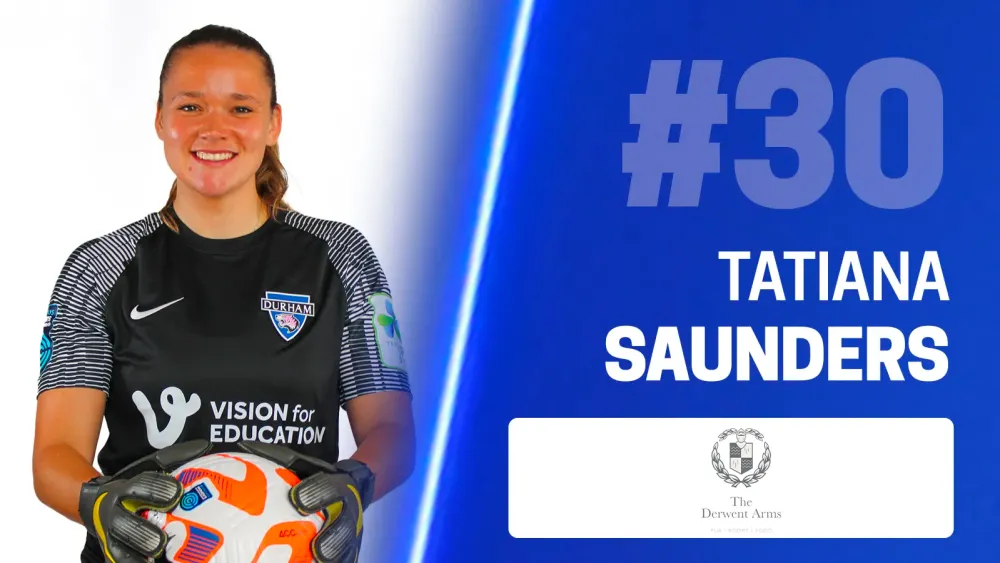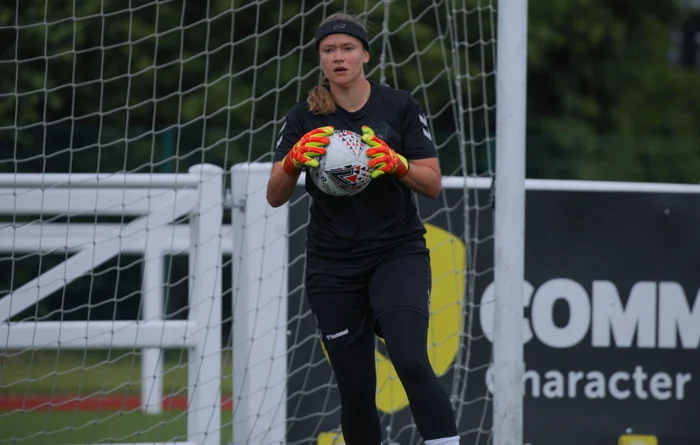Tatiana Saunders’ story highlights the challenges and opportunities associated with transitioning in and out of the professional football industry. Saunders’ story sheds light on the importance of education and transferable skills for athletes contemplating a future beyond the pitch.
Saunders’ passion for football began at a young age, playing alongside her older brothers. Her talent propelled her to play for England’s youth team while attending high school in the US. This early success presented a significant decision upon graduation – pursue a professional football career or explore a different path.
Choosing the latter, Saunders ventured into the fast-paced world of finance on Wall Street. Despite the stark contrast to football, Saunders discovered surprising parallels between the two fields. Both demanded excellent time management, teamwork, leadership, and the ability to perform under pressure. These transferable skills allowed Saunders to excel in finance, mirroring her success on the pitch.
However, a nagging feeling persisted – the longing for the game. A pivotal moment arrived while working in sales and trading, where Saunders witnessed a match between the US and England. The sight of former teammates reignited her passion, prompting a critical question – “Do I lock into finance or pursue football?”
The desire to avoid future regret led Saunders to make a bold decision at 24: return to professional football. The transition was not without trepidation. Three years away from the game presented challenges, with Saunders competing against players who had diligently continued their careers. Yet, the discipline honed during her finance career proved invaluable. The early mornings spent training before work translated seamlessly into the rigorous demands of professional football.

Tatiana Saunders with Durham FC
Since her return, Saunders has played in Iceland, France, and now England. While her future in finance remains uncertain, Saunders aspires to leverage her MBA knowledge to address critical global issues like climate change and social inequalities.
Saunders’ story serves as a valuable example for aspiring footballers. Her emphasis on education underscores the importance of having a “Plan B.” Football careers are finite, and unforeseen injuries can abruptly shorten them. Equipping oneself with transferable skills and academic qualifications provides a safety net and opens doors to future opportunities beyond the beautiful game.
Moreover, Saunders’ assertion that she found out that life in Wall Street and life as a professional footballer are very identical with regards to the soft skills required points to the fact that any serious footballer has what it takes to transition into another career outside playing football. They only need a mental shift to be able to focus and find an identity outside operating as a footballer.
In conclusion, Saunders’ experience highlights the complexities of navigating the world of professional football. It is a journey filled with both exhilarating moments and challenging decisions. By prioritizing education and developing transferable skills, footballers can ensure a smooth transition into the next chapter of their lives, on or off the pitch.



